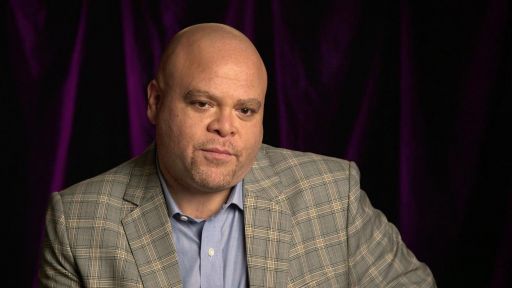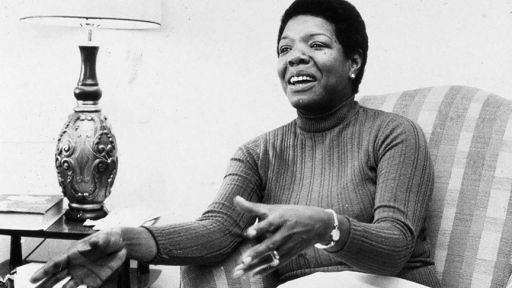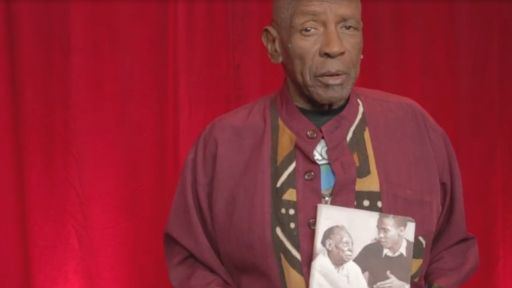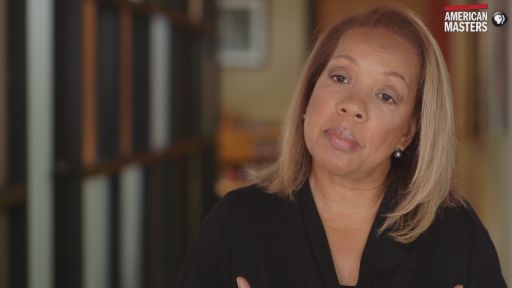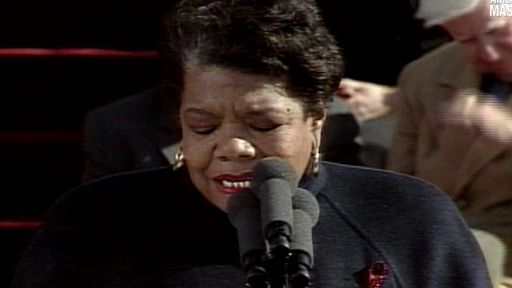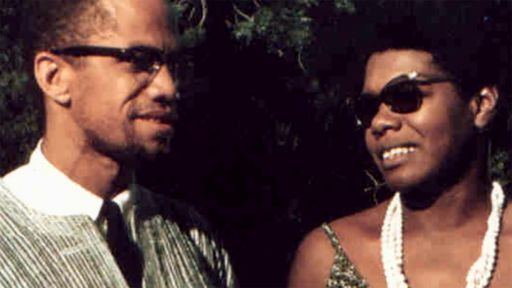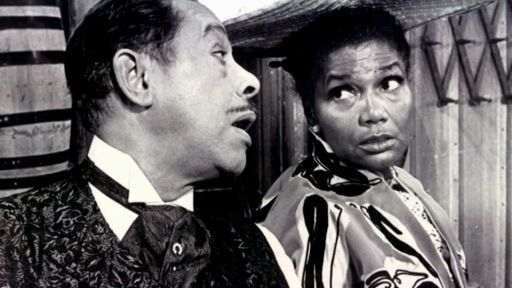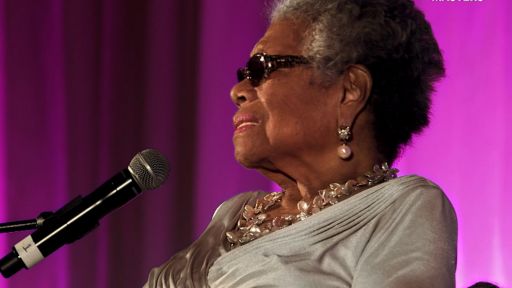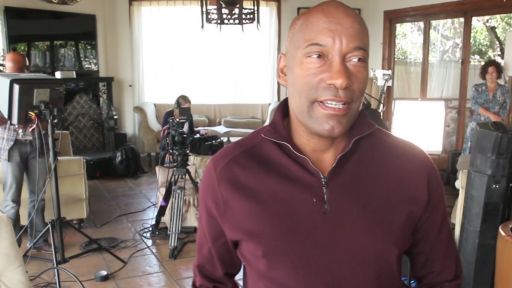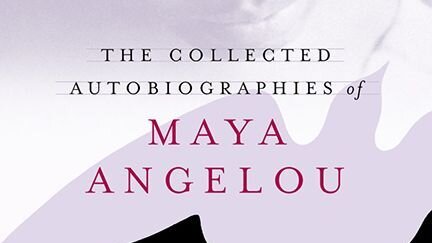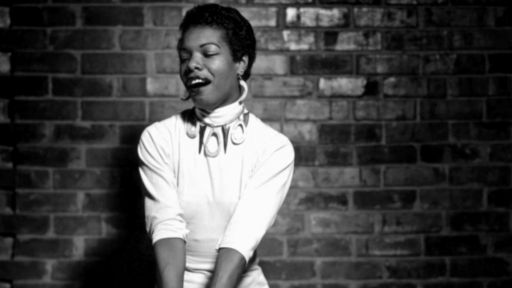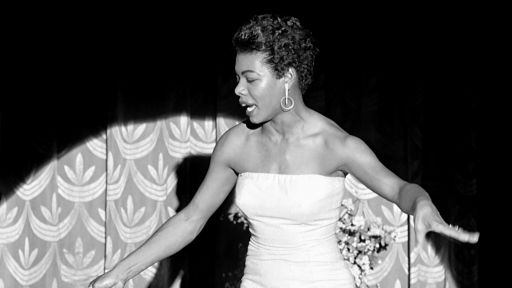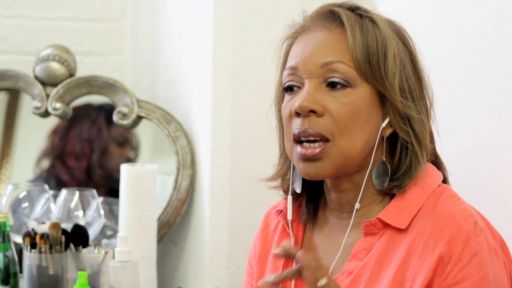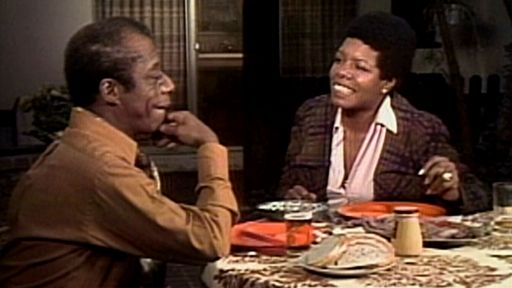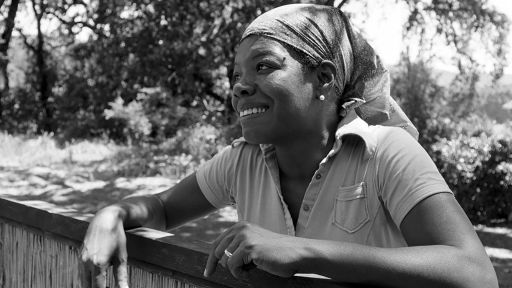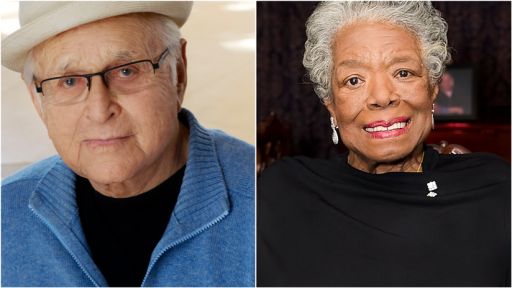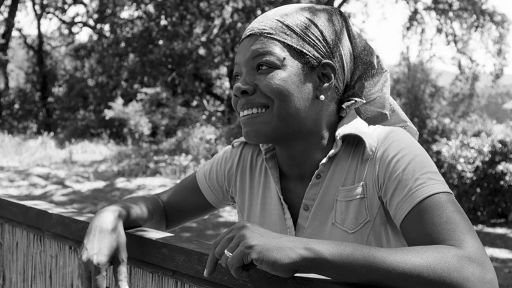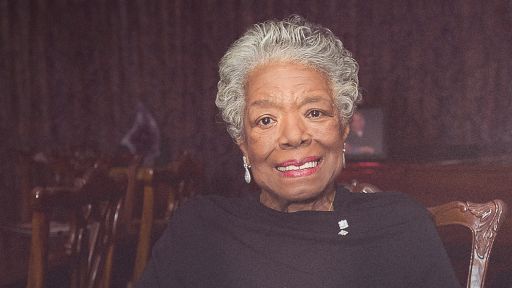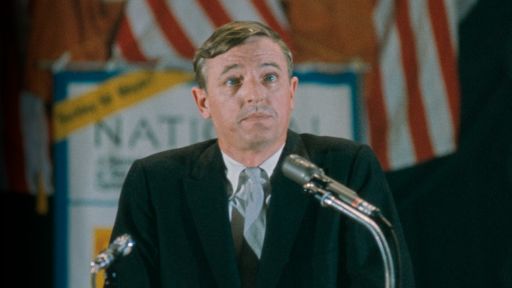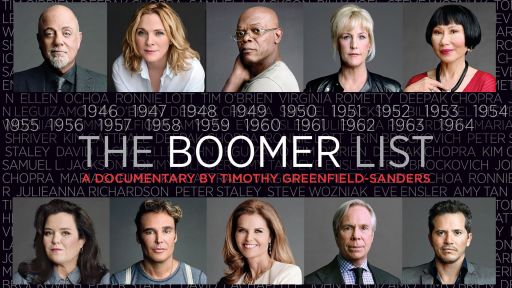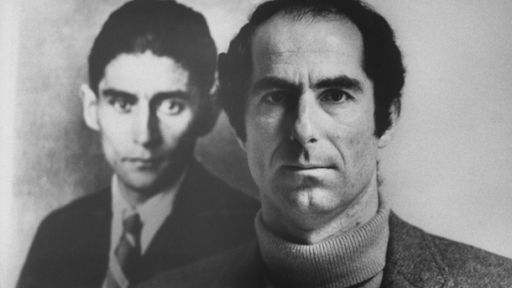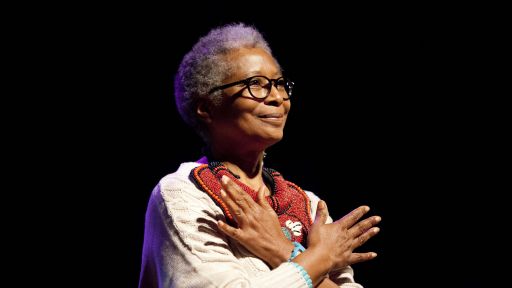Maya Angelou speaks about her work as a teacher and what inspired her to give back to students.
Distinctly referred to as “a redwood tree, with deep roots in American culture,” Dr. Maya Angelou (April 4, 1928-May 28, 2014) led a prolific life. As a singer, dancer, activist, poet and writer, she inspired generations with lyrical modern African-American thought that pushed boundaries. Best known for her autobiography I Know Why the Caged Bird Sings (Random House), she gave people the freedom to think about their history in a way they never had before. The first feature documentary about her life, American Masters – Maya Angelou: And Still I Rise, premieres nationwide Tuesday, February 21 at 8 p.m. on PBS (check local listings) during Black History Month as part of the 31st season of THIRTEEN’s American Masters series.
Funding for Maya Angelou: And Still I Rise is provided by IDP Foundation, Ford Foundation/Just Films, National Endowment for the Arts, National Black Programming Consortium, Anne Ulnick, Michael Metelits, and Loida and Leslie Lewis.

Major support for American Masters is provided by AARP. Additional funding is provided by the Corporation for Public Broadcasting, Rosalind P. Walter, The Philip and Janice Levin Foundation, Judith and Burton Resnick, Ellen and James S. Marcus, Vital Projects Fund, Lillian Goldman Programming Endowment, The Blanche & Irving Laurie Foundation, Cheryl and Philip Milstein Family, The André and Elizabeth Kertész Foundation, Michael & Helen Schaffer Foundation and public television viewers.

